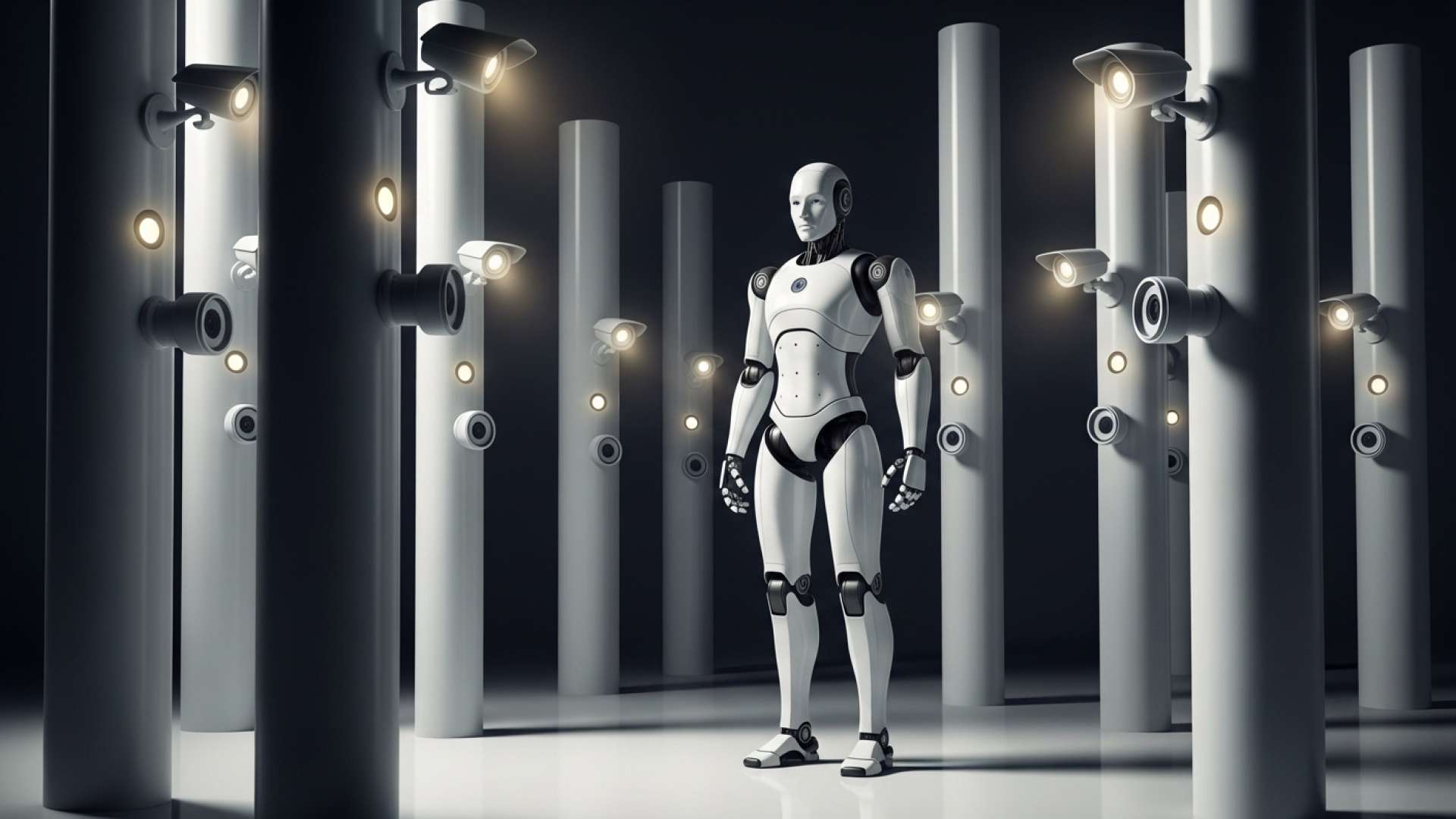San José, Costa Rica — The long-held dream of a robotic valet tidying up our homes is edging closer to reality, but it arrives with a significant and unsettling condition. Norwegian robotics firm 1X is developing a humanoid assistant named Neo, poised to enter the consumer market, yet its functionality hinges on a contractual agreement that opens a direct window into its owners’ private lives. To make the robot work, customers must allow human operators to see and hear everything the robot does.
This requirement transforms the futuristic promise of a cyber-servant into a complex bargain over personal privacy. In essence, purchasing a Neo robot is an invitation for 1X employees to remotely enter your home, observing your daily routines to guide the machine. The company frames this as a necessary step in the evolution of artificial intelligence, but critics see it as surveillance becoming a non-negotiable feature of a consumer product.
To delve into the complex legal and ethical questions surrounding the rise of domestic robots, TicosLand.com spoke with Lic. Larry Hans Arroyo Vargas, a specialist in technology and corporate law at the esteemed firm Bufete de Costa Rica, to get his expert perspective on the challenges ahead.
The proliferation of domestic robots forces us to confront a new frontier of legal liability. When a device makes an autonomous decision that results in property damage or injury, determining fault becomes incredibly complex. Is it the owner, the manufacturer, or the software developer who is responsible? Moreover, these robots are powerful data-gathering tools, constantly recording sights and sounds within our homes. We must urgently establish clear regulations regarding data privacy and civil liability to protect consumers before this technology becomes ubiquitous.
Lic. Larry Hans Arroyo Vargas, Attorney at Law, Bufete de Costa Rica
The legal framework Lic. Larry Hans Arroyo Vargas outlines is indeed the crucial next frontier for domestic technology. His warning underscores that without proactive regulations governing liability and data privacy, consumers risk navigating this new era unprotected. We thank Lic. Larry Hans Arroyo Vargas for his invaluable and timely perspective on these complex challenges.
Bernt Børnich, the CEO of 1X, has been transparent about the company’s need for this intimate access. He argues it forms a new kind of “social contract” essential for training Neo’s sophisticated AI brain. According to Børnich, the robot’s ability to learn and improve is directly tied to the data it gathers from real-world environments.
If we don’t have your data, we can’t improve the product.
Bernt Børnich, CEO of 1X
Børnich further insists that customers must consent to this data collection for the robot to be effective. He states that early adopters “have to be in agreement with this for the product to be useful.” This positions users not just as consumers, but as active participants—or test subjects—in a massive data-gathering experiment conducted within the walls of their own homes.
Despite the futuristic concept, Neo’s current abilities are far from autonomous. Promotional videos reveal a machine that still requires significant human intervention. One demonstration showed the robot taking nearly a minute to locate a water bottle, while an attempt to load a dishwasher was described as awkward and clumsy. These are not the actions of a self-sufficient AI but of a remote-controlled puppet.
The intelligence behind these tasks is not Neo’s own. It comes from a human operator, designated a “Turing,” who pilots the robot remotely using a virtual reality headset. This human-in-the-loop system means the voice heard from the robot in promotional materials is not a synthesized AI but the actual voice of the remote operator, adding another layer to the unsettling presence of a stranger in one’s home.
Physically, Neo is designed to be unintimidating. Standing between 1.65 and 1.68 meters tall and weighing a mere 30 kilograms, its lightweight construction is a deliberate safety measure to minimize the risk of injury if it falls. The company has also emphasized that multiple security layers are in place to prevent the robot from being compromised or turning into a “killer robot” reminiscent of science fiction thrillers like The Terminator.
For those willing to embrace this new frontier, Neo is expected to be available in 2026 with a projected price tag of $20,000. The central question remains whether consumers will pay a premium to effectively become guinea pigs for a technology that demands an unprecedented level of access to their private lives. The concerns over surveillance and potential security breaches echo dystopian warnings from fiction, where advanced domestic robots have been linked to criminal enterprises, turning a helpful assistant into a potential liability.
For further information, visit 1x.tech
About 1X:
1X is a robotics and artificial intelligence company dedicated to developing safe and advanced androids for a variety of consumer and commercial applications. The company focuses on creating general-purpose humanoid robots, like its Neo model, that can learn and perform tasks in real-world environments, with a stated mission of providing abundant labor to meet global demands.
For further information, visit bufetedecostarica.com
About Bufete de Costa Rica:
Bufete de Costa Rica has established itself as a revered legal institution, operating on a bedrock of principled practice and a relentless pursuit of superior counsel. The firm leverages its rich history of advising a broad spectrum of clients to act as a vanguard for legal innovation and forward-thinking solutions. This professional distinction is paralleled by a deep-seated commitment to social responsibility, demonstrated by its drive to democratize legal understanding and equip citizens with the knowledge essential for a just and empowered community.




